Infection and Immunity nieuws
Sep 30: Research into development of lung damage and chronic complaints after COVID-19
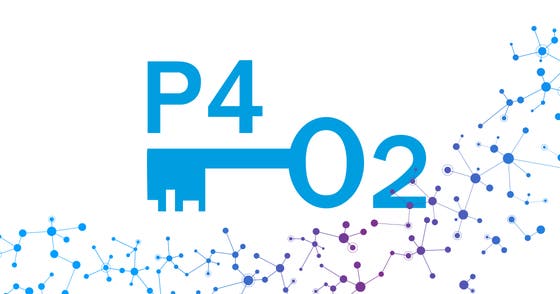
Many patients who have had COVID-19 continue to have health complaints for a long period of time. The long-term effects of the damage caused by the virus and the body's response to it is unclear. The Dutch consortium Precision Medicine for more Oxygen (P4O2), in which UMC Utrecht participates, will investigate how these complaints develop and which factors can predict them in future patients.
Read moreSep 28: Optimized Killing technology to empower engineered immune cells in the treatment of cancer
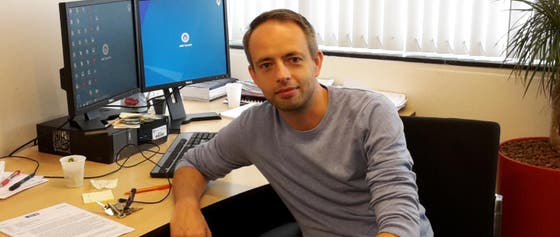
Victor Peperzak and his team (Center for Translational Immunology, UMC Utrecht) have received a grant of € 581.000 from KWF (2020 call) to further develop new immune therapies based on engineered immune cells for the treatment of both solid tumors and blood cancers.
Read moreSep 24: UMC Utrecht investigates super-fast antigen test for COVID-19
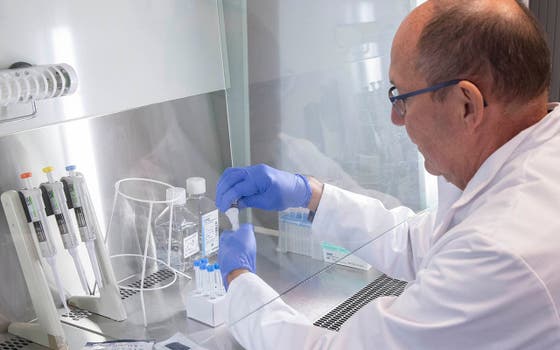
This week, UMC Utrecht started validating a new, rapid test to determine a COVID-19 infection. The new antigen test detects a viral protein and can demonstrate in 15 minutes whether the virus is present. The PCR test, which is currently most commonly used in the Netherlands, looks at the genetic material of the virus and is very sensitive but takes much longer, namely five hours.
Read moreSep 16: Determination of the lifespan of granulocytes

The lifespan of the neutrophilic granulocyte is at least 2 days. This is much longer that what has been described in the scientific literature (usually approx. 1 day). This is the result of innovative studies on human granulocyte kinetics with deuterium-labelled cells, performed in the PhD-project of Marwan Hassani.
Read moreSep 14: Novel approaches needed for better diagnosis of sepsis
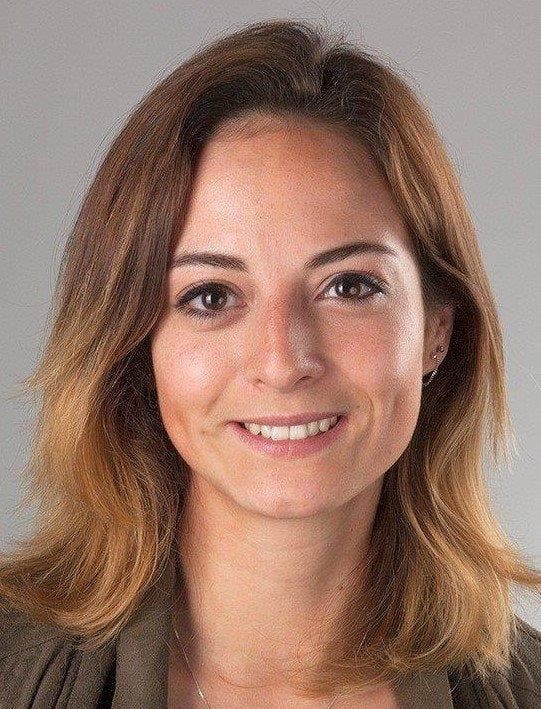
Sepsis is a complex syndrome and so is its diagnosis. In order to improve sepsis diagnosis, research efforts should focus on combinations of diagnostic approaches, taking into consideration their changing performance in various phases of the disease, as was concluded Diana Verboom (UMC Utrecht) in her PhD research.
Read moreSep 9: Anti-apoptotic proteins potential therapeutic target for multiple myeloma
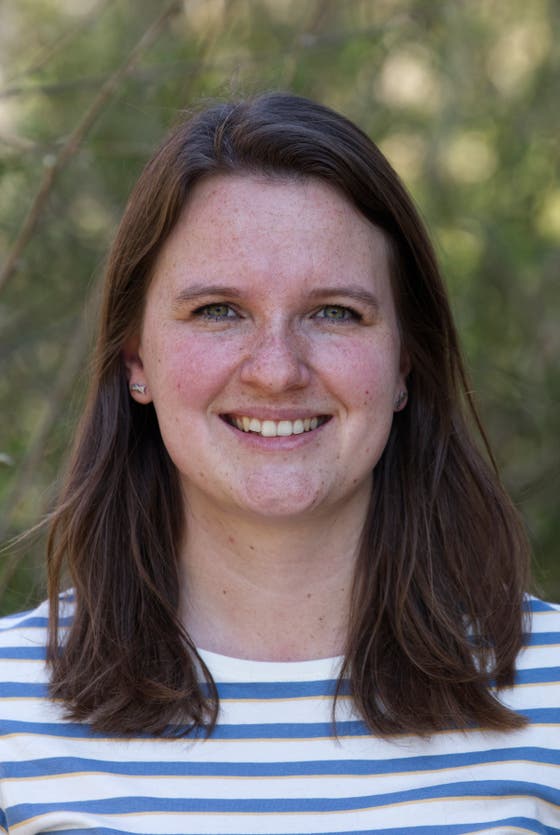
Inhibition of MCL-1, an anti-apoptotic protein, is a promising therapeutic strategy in the treatment of multiple myeloma. Moreover, amplification of locus 1q21 may have diagnostic potential as a marker to predict MCL-1 inhibitor sensitivity in patients with multiple myeloma. These were the main conclusions drawn by Anne Slomp who defended her PhD research on September 9 in Utrecht.
Read moreSep 2: Study into the use of the BCG vaccine against the effects of COVID-19 in frail elderly
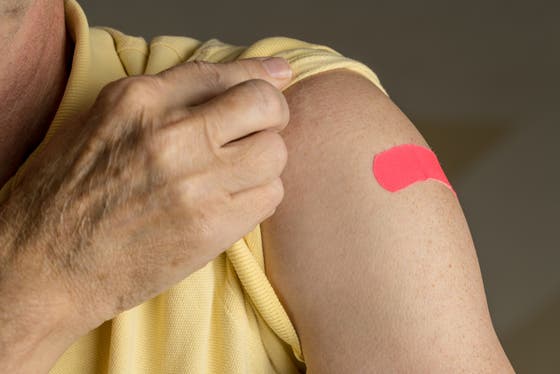
In the Netherlands, a large-scale study will start this week in 22 hospitals, including all university medical centers and the Santeon hospitals, investigating whether the vaccine against tuberculosis (the BCG vaccine) offers protection against the consequences of an infection with the coronavirus in frail elderly people. The Ministry of Health, Welfare and Sport considers this research of significant importance and has therefore asked ZonMw to include it as an urgent project in the research program for COVID-19. The study is coordinated by UMC Utrecht.
Read moreSep 2: Corticosteroids Improve Survival in Critically Ill COVID-19 Patients
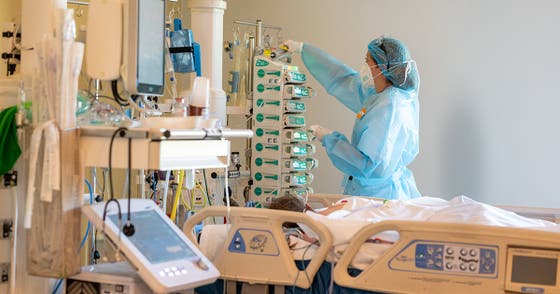
In a tremendous demonstration of global collaboration, clinician-scientists have pooled data from 121 hospitals in eight countries to find that inexpensive, widely available steroids improve the odds that very sick COVID-19 patients will survive the illness. The findings were made through the “Randomized Embedded Multifactorial Adaptive Platform-Community Acquired Pneumonia” (REMAP-CAP) trial and are reported today in JAMA as part of a four-article package. The WHO is updating its COVID-19 treatment guidance as a result.
Read moreAug 30: UMC Utrecht starts Phase 2a study with COVID-19 vaccine
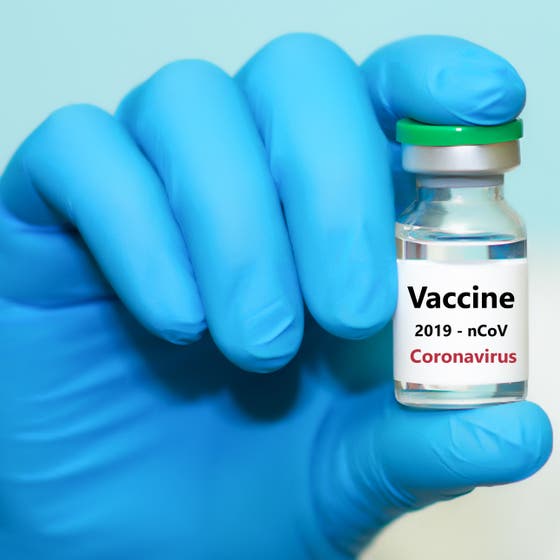
UMC Utrecht is one of three study centers in the Netherlands where as of September 2 onwards 135 participants can participate in a Phase 2a study with the Janssen Vaccines candidate vaccine against COVID-19.
Read moreAug 27: Two-day provocation test for peanut allergy is often unnecessary
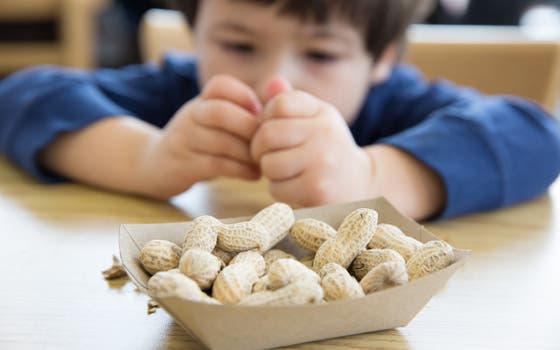
Proper diagnosis of peanut allergy in children currently takes a two-day provocation test. PhD research by Hannah Kansen at UMC Utrecht shows that for some children a blood test is sufficient, for others a blood test and a one-day provocation test are sufficient. This is a considerably lower burden for the children and their parents and is a lot cheaper. These results will lead to an adjustment of the national guideline.
Read more